The 2023 Apex Legends Global Series Split One Playoffs ran from Feb. 2 to Feb. 5, featuring 40 teams from all five major regions, culminating in TSM winning their third international tournament and the first 2023 ALGS LAN. The meta shifted greatly in the span of six months between the tournament and the 2022 Championship, with old defensive staples phased out in favor of new aggressive playstyles and compositions that totaled more than half of Apex’s playable characters.
In 2022, the ALGS found itself dominated by three legends in particular: Valkyrie, Gibraltar and Caustic. However, as the meta shifted with patch buffs and nerfs leading to the rise of Seer in normal compositions, only Valkyrie survived the changing tides, with a new dominant trio of legends representing the majority of teams in 2023. Compared to previous LAN events, however, the new meta is more dynamic.
In the first split of 2023, multiple unique compositions that enable a wider range of strategy and decision-making have been utilized at the highest level of play, a trend seen worldwide from all qualifying teams. More legends have been recognized and researched for their value on Worlds’ Edge, Storm Point, or both maps. Although Valkyrie remains a constant, the supporting picks around her exemplify a more diverse and flexible meta, one that will continue as year three of ALGS goes on.
Using data collected from Split One and the regional finals, this year has showcased 14 different legends played in all regions, with only one character breaking the 70 percent pick rate barrier.
Valkyrie continued to reign as the number one pick for the overwhelming majority of the teams, with all but APAC-N’s Crazy Raccoon using the Winged Avenger in the Split One Playoffs group stage. During the grand finals, Valkyrie had a one hundred percent pick rate for four out of eight games, showcasing her continued relevance in 2023 for her utility offered both during and outside of fights.
Despite Valkyrie taking one legend slot for almost all of the teams heading into the grand finals, the eight games featured 14 of the 23 payable legends, while 2022’s Championships only had 11 (10 if you don’t count Fnatic’s Lifeline misclick). The rising number of viable legends is owed to the dramatic shift away from rigid defensive compositions, thanks to one North American team that revolutionized how modern Apex is played.
FURIA force pro scene to recognize Seer’s potential
FURIA first popularized the composition of Seer, Horizon, and Valkyrie in the 2022 Championship, with pros like TSM’s ImperialHal and Albralelie changing their tune on the Ambush Artist going into 2023. Jordan “Reps” Wolfe played as Seer for all of TSM’s Split One Playoffs run, leading to their first place finish.
Seer had a 22 percent pick rate throughout the 2022 Championship, while 2023 found him at above 60 percent for all four days of competition. 26 out of the 40 teams attending the 2023 Playoffs used Seer in at least one composition during Split One and the Regional Finals.
Conversely, Gibraltar was only used by two teams, a massive decline from the combined 70 percent pick rate at 2022’s Championships to less than one percent in 2023. Only three teams chose him during the group stage, with one single pick at grand finals.
The notable meta development behind Gibraltar’s fall from grace is how his downfall was initially facilitated by the public’s realization of Seer’s abilities, and not by direct changes by Respawn. Gibraltar’s last two nerfs were on May 10, 2022, when fortified legends lost their headshot damage reduction, and Mar. 9, 2021, when Dome of Protection lost the fast heal passive trait, alongside exceeding Gun Shield damage punching through to Gibraltar himself.
Gibraltar’s abilities, once thought to be the game’s best, were made obsolete thanks to compositions that found ways to poke holes in the Shielded Fortress’ defenses. Long range engage tools from the likes of Valkyrie and Horizon eliminated the need to fight at close range, where he thrives with Dome of Protection. What was once a safe fight reset is now easily contested by Seer, who stops any healing and can push Gibraltar out with the health advantage, as popularized by FURIA. Defensive Bombardment was typically seen as a deterrent while Dome was up, but Seer can also eliminate the safety window during the Ultimate with his tactical. Even if the ult is used offensively, Wattson’s growth as the predominant defense legend negates the airstrike completely, leaving Gibraltar weak when pitted against the new meta.
With Season 16’s Seer nerfs, Gibraltar may find a better niche for himself slotted into the Support class. But FURIA’s fingerprints were all over the Split One Playoffs, despite not being present at the tournament, and those season 16 changes are just as likely to encourage more teams to experiment with off-meta legends and compositions.
Smoke and Electric Screens: Bangalore and Wattson’s rise
Bangalore, Seer and Valkyrie proved itself as the most popular composition of the Split One Playoffs, accounting for 27 percent of the pick rate. Bangalore’s recent rise can be attributed to multiple regions respectively recognizing different strengths in her kit that allowed for experimentation and facilitated her growing popularity.
EMEA had multiple teams using the Professional Soldier during Split Two of the 2021-2022 ALGS, further forcing Gibraltar’s downfall with Rolling Thunder as a fight initiator. APAC-N’s top teams paired her up with Bloodhound for skewed fights with Digital Threat sights and Seer scans. Bangalore also serves as an answer to the rising number of controller players in all regions, as her Smoke Launcher disables aim-assist in addition to providing cover for the team or blinding the enemy.
In the top five players leaderboards according to individual kills for each region, 14 out of 25 use controllers as their preferred input, and North America’s top five are all controller players. Although mouse and keyboard has its own exclusive advantages like the ability to move while looting deathboxes, aim-assist is still highly valued at the highest level of competition. Bangalore serves as an answer not only to the growing numbers of controller players, but also to the new aggressive meta. She now serves as a popular defensive option, with pros and casual players alike in agreement about her usage over past meta staples.
Wattson ranked as the most-picked defensive legend entering Playoffs, with 20 of the 40 Playoffs teams running her in at least one map. The composition of Wattson, Crypto, and Valkyrie earned a third place spot in the 2022 Championship and the Static Defender had a 15 percent pick rate throughout the tournament.
Wattson has not received any significant changes since the last international event, but as Bangalore rose and Gibraltar fell in popularity, Wattson’s Interception Pylon grew in priority as the number one defensive option. Functionally, it serves the same purpose as Gibraltar’s Dome of Protection and then some: protection against Bangalore’s Rolling Thunder, Horizon’s Black Hole, Valkyrie’s Missile Swarm and more. Serving as team anchor, Wattson was the third most-picked legend in the 2023 Split One Playoffs, with six different team compositions used to enable her success.
Crypto and Valkyrie still held as the premier Wattson composition, used as a fluid passive-aggressive composition that scouts out and takes zones by force with Crypto’s EMP. Wattson’s Ultimate allows teams to create new bunkers from previously unholdable positions, with Newcastle giving additional permanent protection to the Interception Pylon, a luxury that Gibraltar’s temporary bubble cannot compete with. Loba-Wattson compositions allowed for quick rotations and guaranteed loot, including ultimate accelerants to keep the Pylon up. Even with Bangalore and Bloodhound, Wattson found great utility mid-fight as enemies found difficulties avoiding her fences in Bangalore’s smoke.
Wattson’s rising value in the current meta is thanks to her wide flexibility and viable use in a multitude of compositions, traits that Gibraltar, her defensive counterpart, lacks when pitted against offensive legends and abilities. Although both legends carve space out for teams to retreat and reset to, Wattson’s stay static until destroyed, while Gibraltar can only create temporary cover from Dome. Her passive can cancel pushes made from enemy Crypto EMPs, whereas Gibraltar loses dome completely for his 30 second cooldown. Wattson affords teams additional counterplay against the current meta, alongside enabling new legends, like Newcastle and Loba, to bolster compositional strengths and shore up weaknesses from any angle. And with her picking up the new Controller class perk that allows her to find future rings, she might become even more popular next split.
The Element (6) of Surprise: A possible precursor to the new meta
While Fnatic accidentally picked Lifeline in the 2022 Championship, Element 6 purposefully picked the Combat Medic for game one of the Split One Playoffs finals 2023, running her with an old meta staple: Revenant and Octane. With the rise of Seer, claiming and defending a building or corner in the zone became much more important since teams had no Gibraltar bubbles serving as free fight resets. Although Valkyrie has replaced Octane as the premier legend for rotations and finding god spots, Octane’s speed and Jump Pad still found a niche purpose.
Revenant’s Death Totem allows teams to push with impunity, gaining the upper hand in a fight without risking third parties or giving up their spot in the ring. If successful, the RevTane composition finds the first knock, and the team then capitalizes on their numbers advantage. If sent back to the totem, the team regains control of their building and can safely reset, as Seer is unable to interrupt the healing or reviving of Lifeline’s abilities.
Element 6’s unique picks draw many parallels with FURIA Esports’ 2022 Championship run, where they first popularized the composition of Seer, Horizon, and Valkyrie, intended to be a bunker-busting anti-meta composition which enabled them to thrive off quick kills as an aggressive edge team. Although only used once in the grand finals, the professional and casual scenes have seen wide success of the composition, with Revenant taking multiple patches and nerfs to Death Totem before falling out of viability.
The competitive meta of Apex Legends continues to drastically change, with each season and split bringing new content and teams bringing new ideas to their regions. Element 6 may not have found the success they wanted in grand finals, but the ramifications of their picks draw attention to the future of competitive Apex.
Season 16 released on Feb. 14, bringing forth legend adjustments and a complete overhaul to the class system. With the 2022 Championships and 2023 Split One Playoffs each featuring a new set of dominant legends and team compositions, teams will have all of Split Two to practice what may become the dominant meta for the rest of the ALGS—if there is a truly “dominant” meta at all.



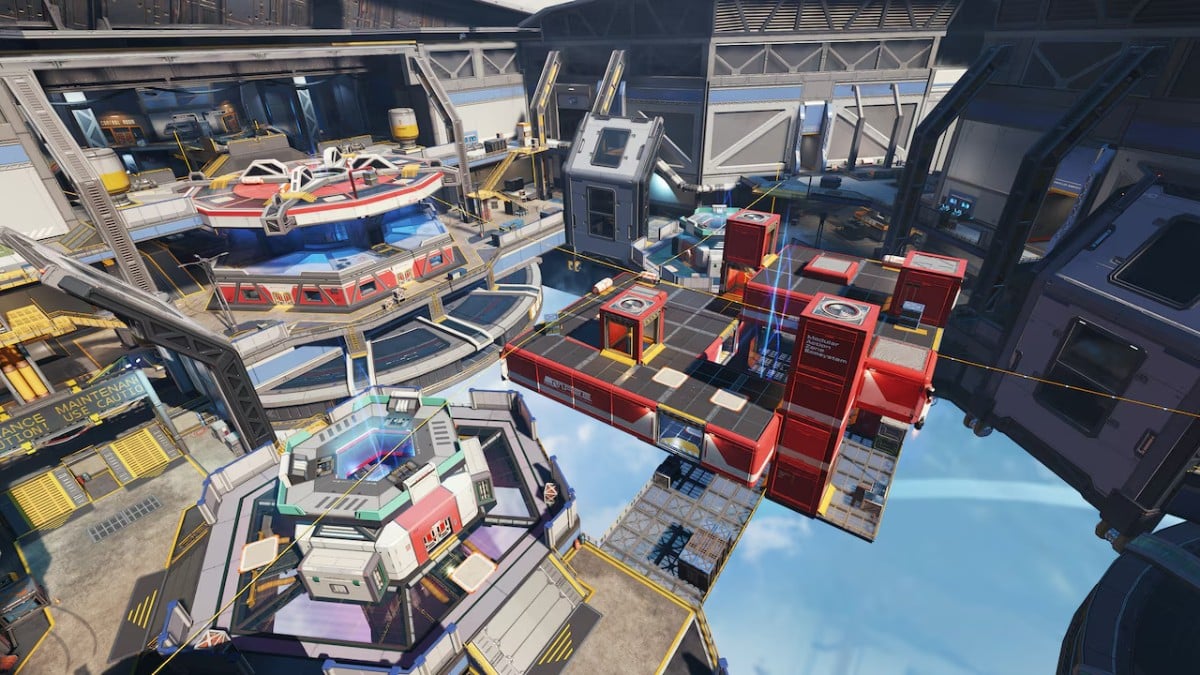
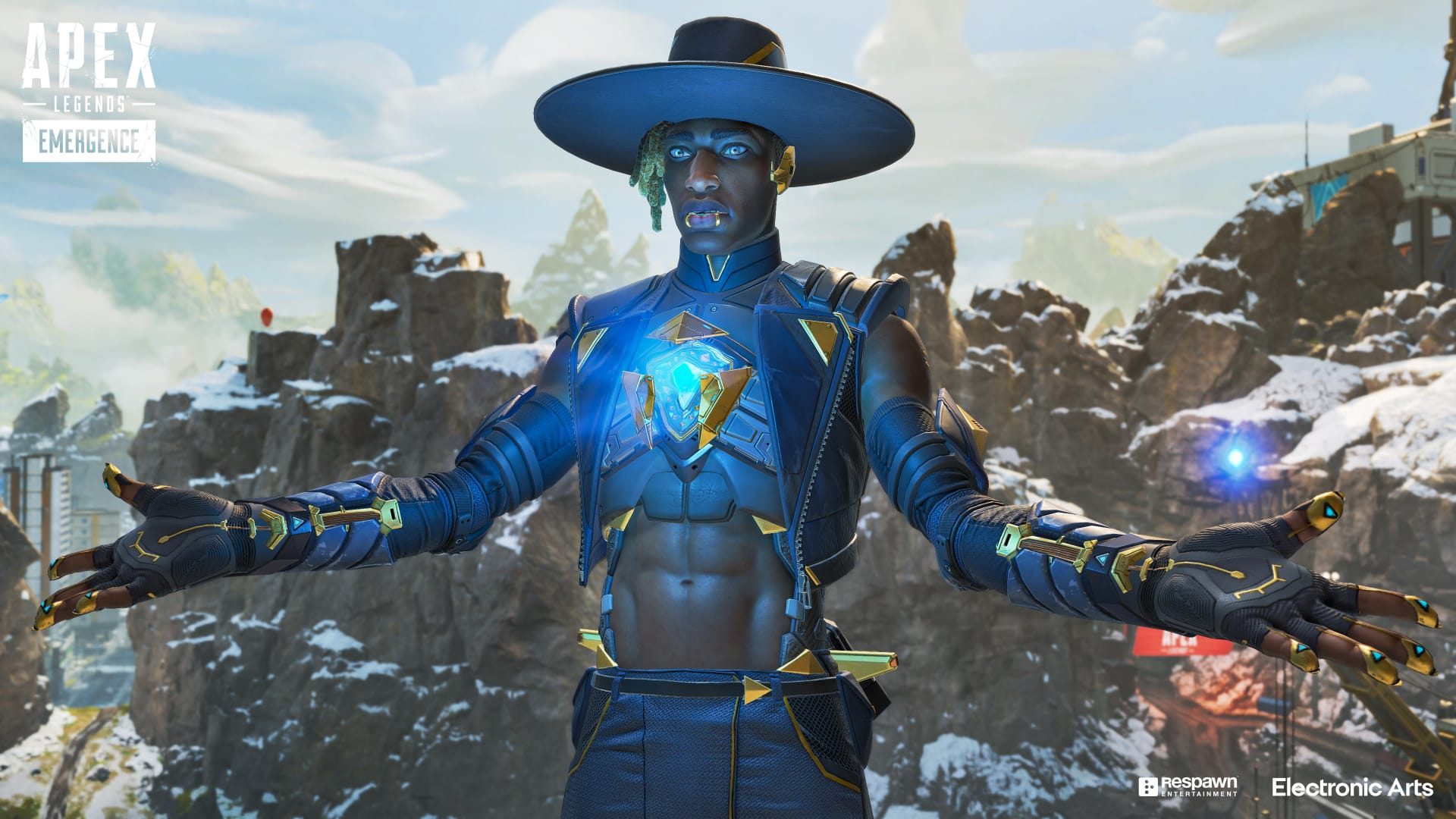
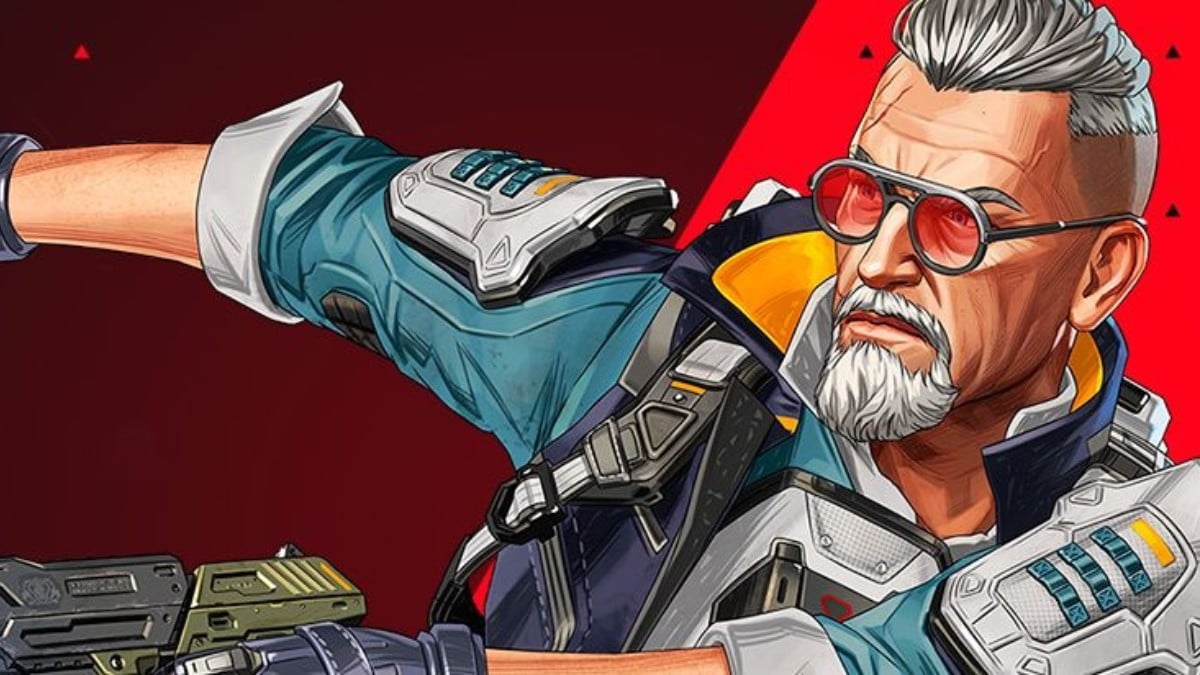
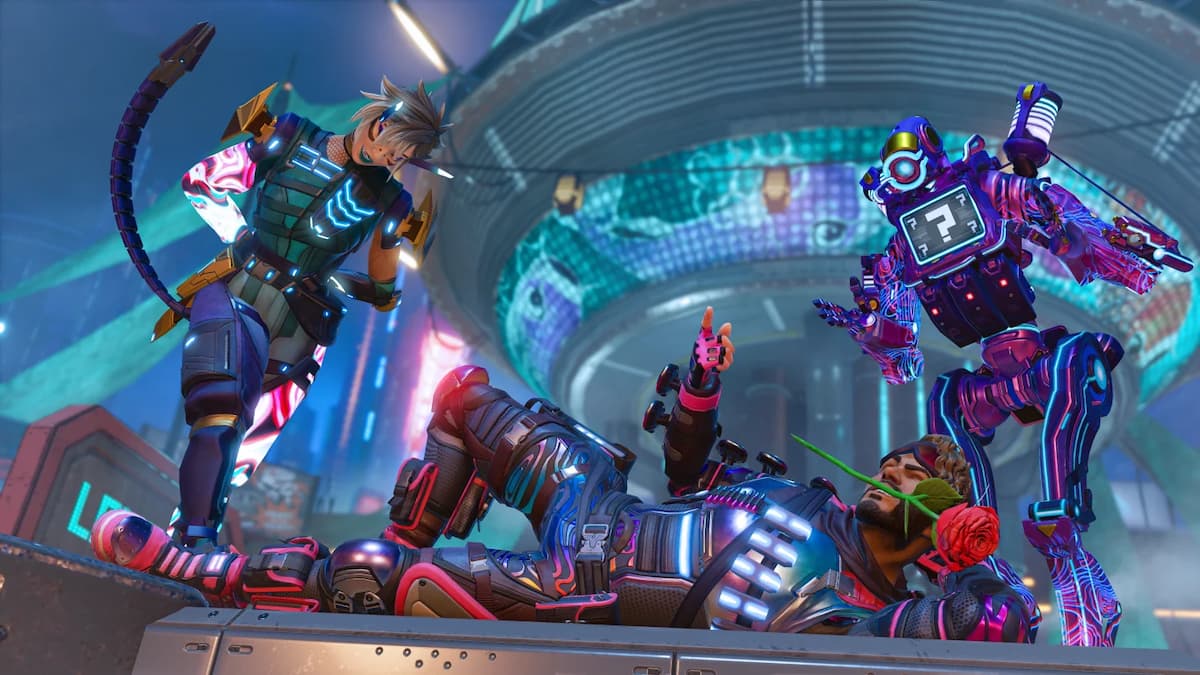
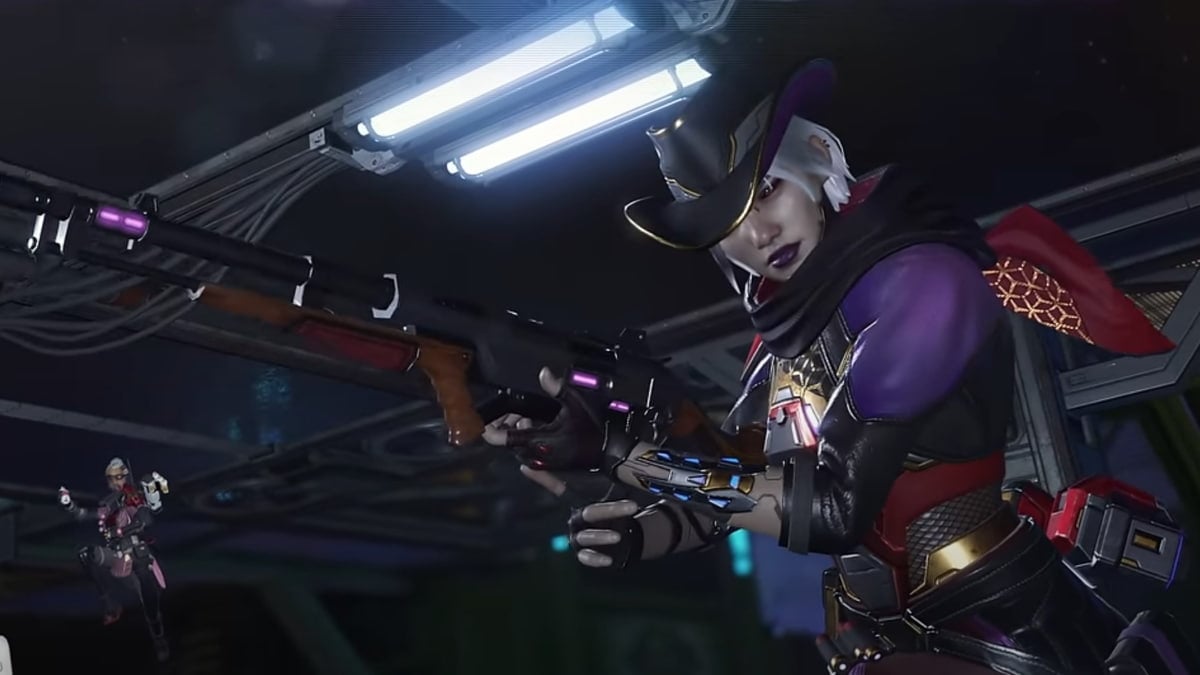
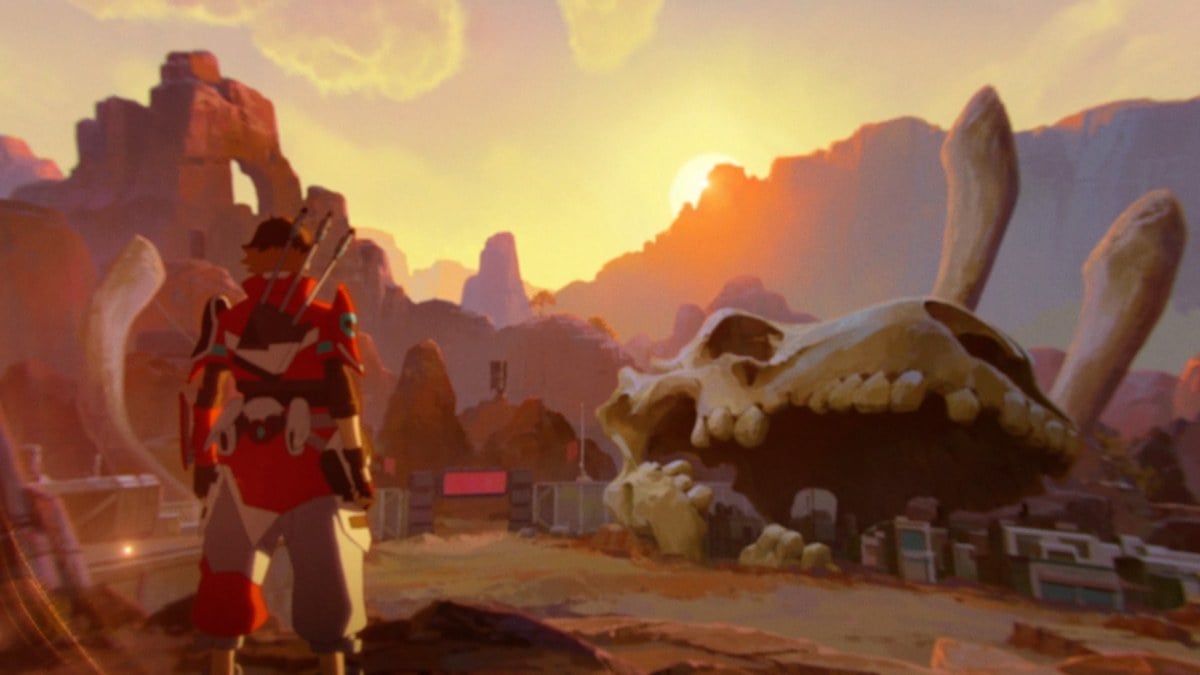
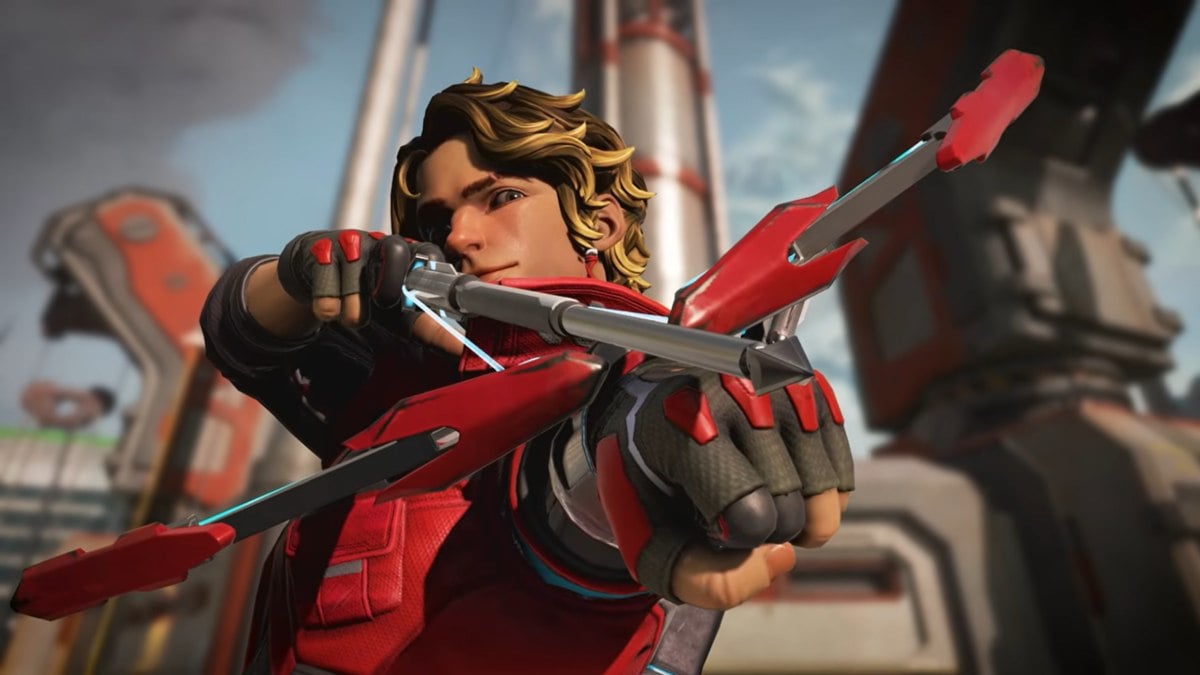

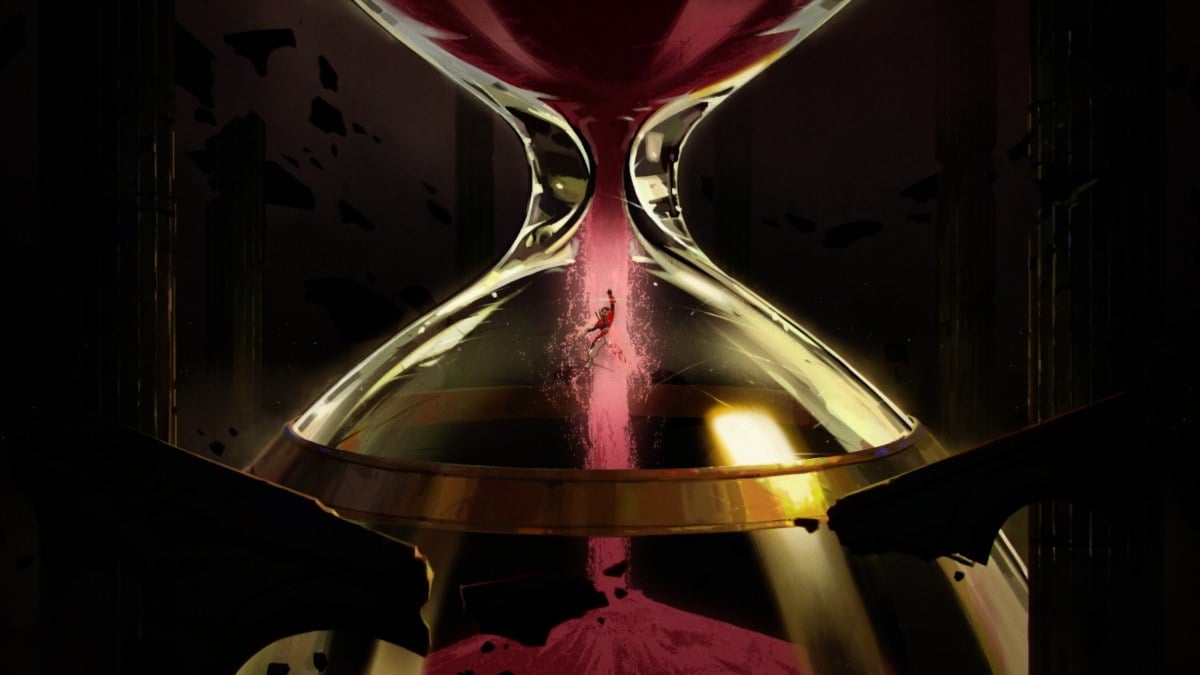
Published: Mar 1, 2023 12:19 pm